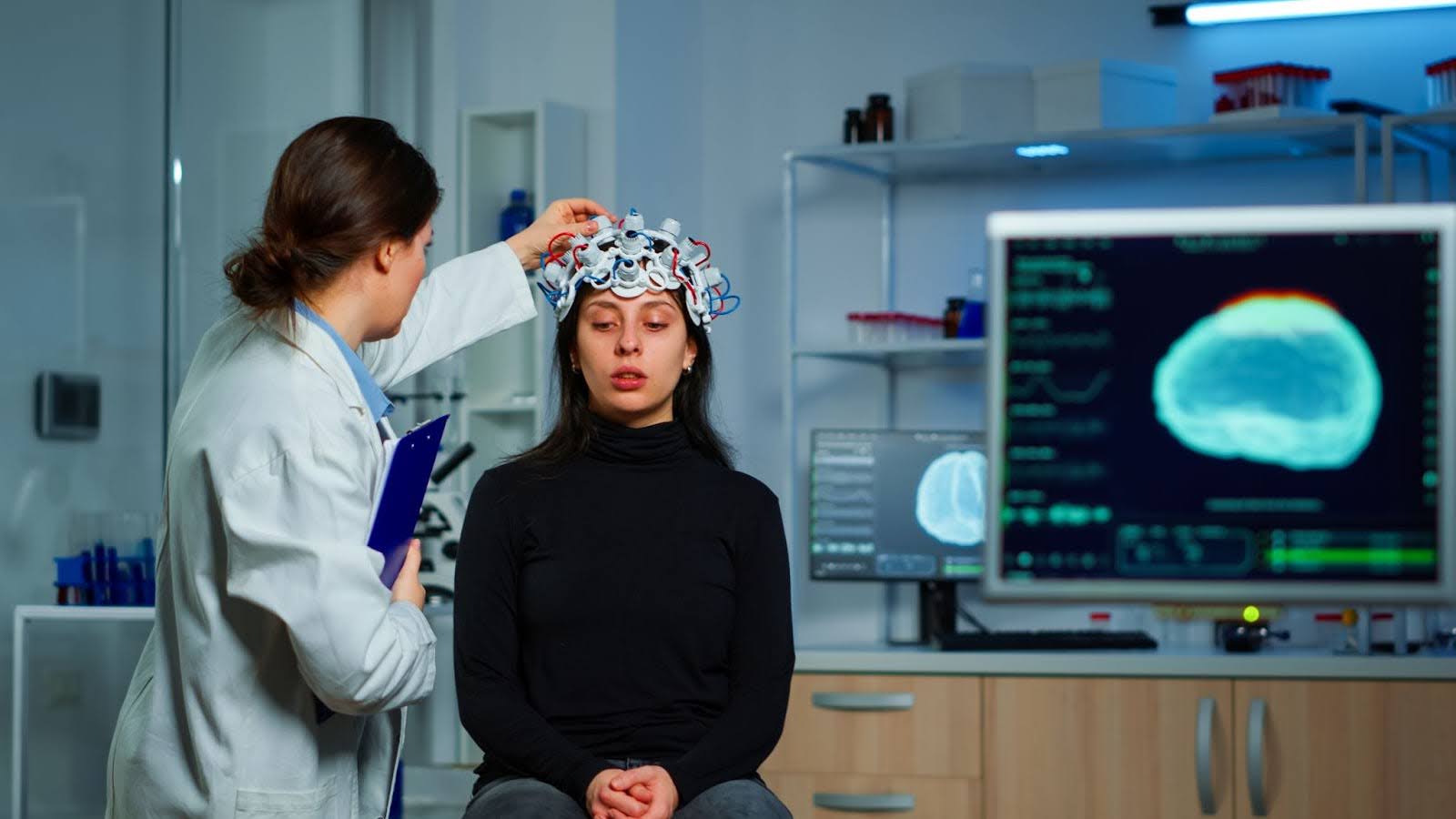
Living With Epilepsy: A Guide For the Newly Diagnosed
Have you recently been diagnosed with epilepsy? You’re not alone.
The truth? As many as 50 million people worldwide live with epilepsy. It’s one of the most common neurological diseases that exist. For this reason, treatment for its symptoms has been heavily researched, and many different methods have been developed to help ease them.
Want to learn how to best manage your symptoms and ensure you can enjoy the best possible quality of life despite your recent diagnosis?
Here’s our guide.
Treating Your Epilepsy Symptoms with Pharmaceutical Medications
When it comes managing or reducing seizures, epilepsy medicine - also known as anti-seizure medication is typically the most common strategy. In fact, 70% of Australians who are diagnosed with epilepsy are prescribed some form of anti-seizure medication to treat their symptoms. And there are a quite few to choose from: over 20 different types, no less.
The cold, harsh truth? Medication doesn’t yet provide a permanent cure to prevent seizures. But it can work to suppress their frequency and severity. In this sense, epilepsy medication can currently only provide symptomatic treatment, rather than elicit a permanent recovery, long-term cure, or remission from the illness altogether.
Considering Surgery to Remove the Causal Source of Seizures
If the symptoms of epilepsy cannot be managed with medication, then some doctors or neurologists may recommend surgery. While this isn’t considered the first line of treatment, it can provide a permanent cure in some cases.
How does it work? In the instance of focal seizures (seizures that originate from one single point in the brain), parts of the brain can be surgically removed to alleviate the occurrence of seizures caused in that particular location.
Even better? As well as seeing a vast improvement in the severity, frequency, and number of seizures an epilepsy patient experiences, performing surgery on the brain can result in a permanent, ongoing cure for epilepsy sufferers by removing the causal source of seizures from the brain altogether.
Vagus Nerve Stimulation for Epilepsy Seizure Management
Vagus nerve stimulation. What is it, and how can it help treat and control epilepsy seizures?
In essence, vagus nerve stimulation works by delivering electrical pulses to the brain. Why is this effective? The electrical frequencies that are emitted during treatment help ease the severity of seizures by stimulating certain parts of the brain, and altering brain activity in those areas.
Like many other treatments, though, there are risks and side effects associated with vagus nerve stimulation. For example, patients can experience some pain sensations when the treatment is being administered, as well as symptoms of nausea.
Drawing on Natural Remedies & Alternative Therapies for Epilepsy
The prospect of turning to surgery, brain stimulation, and prescription pharmaceuticals to treat your epilepsy can seem daunting. To be honest, it’s a road you may prefer not to travel down. You may instead wish to seek out alternative therapies and natural remedies.
The good news? There are a wide range of alternative therapies and lifestyle strategies out there to help manage the symptoms of epilepsy including medicinal plants, as well as ensuring you get adequate sleep and keeping your daily stress levels low.
Another natural therapy that can ease epilepsy symptoms? It could all be in your diet. For instance, the ketogenic diet in particular has been shown to control seizures in patients presenting with epilepsy.
The harsh truth? An epilepsy diagnosis can be difficult to hear, so you’re allowed to feel scared, even if you know that you’re not alone in experiencing the illness.
The best news in all this? Several different treatment methods can help manage, control and ease the severity and frequency of epilepsy seizures. Most common? Being prescribed pharmaceutical drugs such as anti-seizure medications. Alternatively, you can consider engaging in vagus stimulation therapy to help stimulate and alter brain activity. There is also the option of surgery, which can provide a permanent cure.
Does this all seem too much? There are also many natural and alternative therapies you can call upon to help ease your epilepsy symptoms. Consider medicinal plants, or even changing your diet.
But whatever route you choose - know this: you are not alone in your epilepsy diagnosis, and you can still enjoy a positive quality of life.

Comments (0)